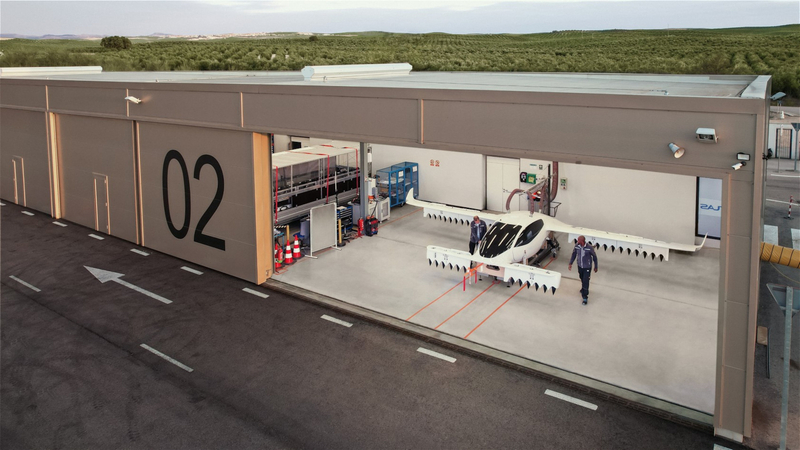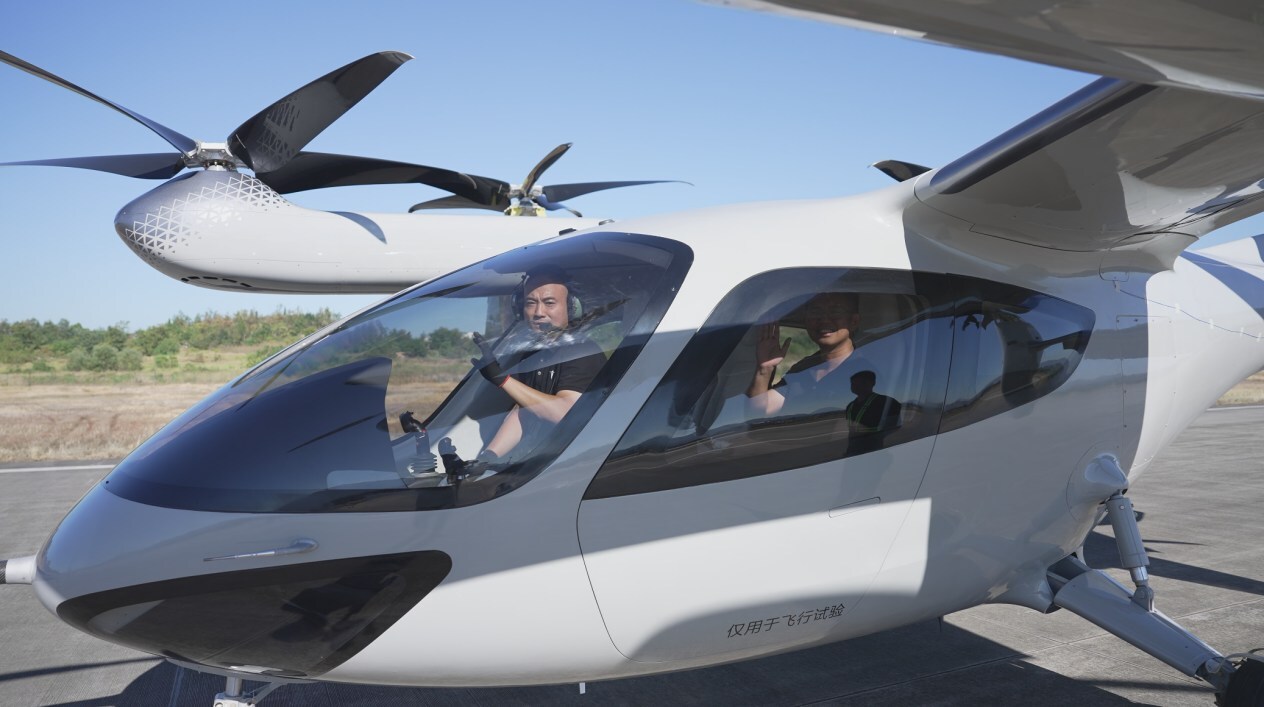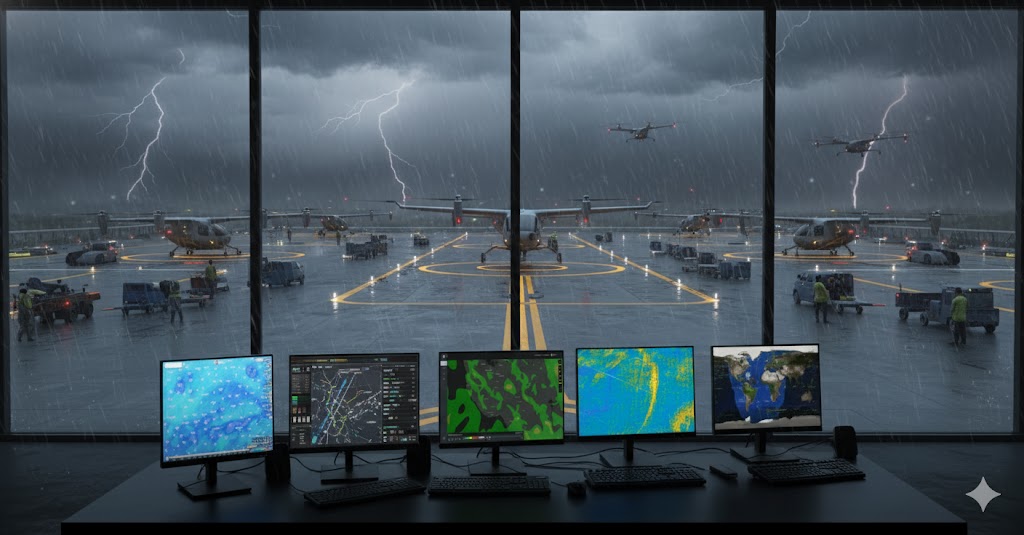Lilium, the innovator behind the seven-seat electric eVTOL Lilium Jet capable of vertical takeoff and landing (eVTOL), recently highlighted significant advancements to enrich its ecosystem for the flagship aircraft. During the Singapore Airshow, the company unveiled a strategic alliance with Star Charge, a leading electric charging infrastructure firm, to craft the charging solutions for ground and flight testing aircraft, signaling the commencement of production for these units. Additionally, Lilium introduced the pioneering eVTOL customer service business to offer its clientele comprehensive support, including battery management, maintenance, flight operations, training, and digital solutions.
Emphasizing the benefits of liquid-cooled cables, Lilium’s order for 120 Star Charge systems marks a leap toward enhancing the efficiency of its testing, maintenance, and delivery center operations. These state-of-the-art systems are engineered with extended, liquid-cooled cables that considerably diminish charging times, facilitating a swift turnaround and maximizing operational airtime. This innovation is pivotal for vertiports, providing a versatile charging solution.
Liquid-cooled cables technology is a groundbreaking advancement in electric vehicle (EV) charging, offering significant benefits for charging electric vertical takeoff and landing (eVTOL) aircraft. This technology involves using a coolant to remove heat from charging cables, enabling the delivery of higher currents without overheating the cables. Advanced fluid-based cooling could dissipate a higher current through a smaller wire diameter inside the charging cable, removing over 24 kW of heat. This innovation allows heat removal in both liquid and vapor forms, significantly enhancing heat dissipation efficiency compared to pure liquid cooling systems. This substantially reduces charging times, making it an ideal solution for eVTOL aircraft and other electric vehicles that require rapid charging.
A notable trial at Purdue University successfully increased the current-carrying capacity of an electric vehicle charging cable by a factor of four.
The technology is particularly beneficial for charging operators looking to provide an optimal charging experience for EV drivers, including those of medium and heavy-duty vehicles and eVTOL aircraft. The increased heat associated with high-power, rapid charging necessitates effective thermal regulation to prevent equipment damage and ensure safety. Liquid-cooled cables address this challenge by dispersing heat immediately as coolant circulates between the cooling unit and the connector, making it possible to serve a wide range of electric vehicles with the same charging hardware.
The electric aircraft and eVTOL industry’s adoption of liquid-cooled charging cables for fast and high-speed charging (XFC) systems indicates a growing trend toward these technologies. These systems, designed to manage the heat generated during the charging process, enable faster charging times and are adaptable to a variety of electric vehicles, including eVTOLs.




